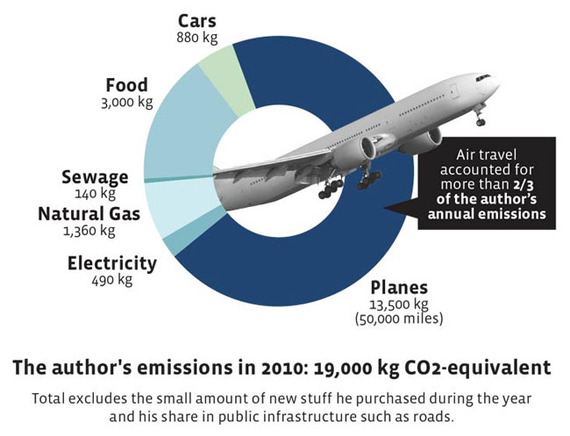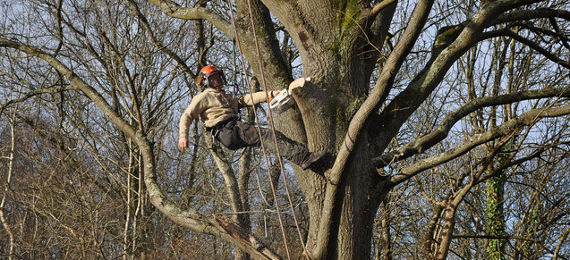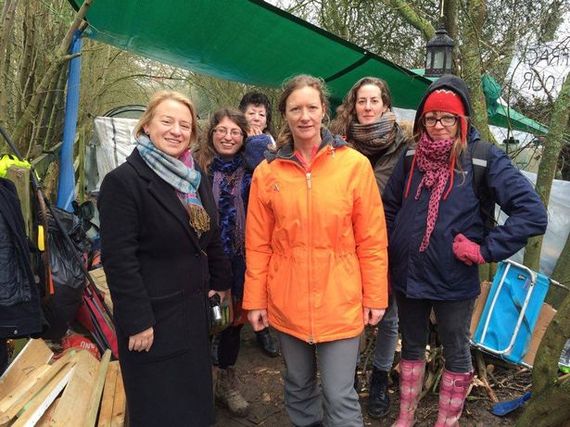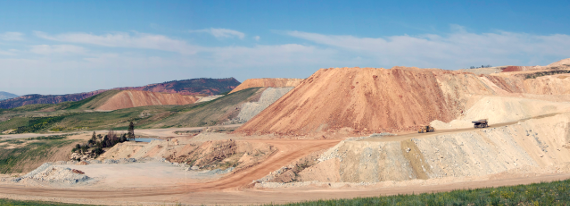 Bishop Hill
Bishop Hill Tabloid academics
 Feb 25, 2016
Feb 25, 2016  Academia
Academia  Energy: gas
Energy: gas  Don't you just love it when a bunch of academics goes the full Sunday Sport? You know, putting together an article that makes up in headlines what it lacks in intellectual rigour.
Don't you just love it when a bunch of academics goes the full Sunday Sport? You know, putting together an article that makes up in headlines what it lacks in intellectual rigour.
There was a case in point yesterday, when the ReFine group of researchers at Newcastle University published a paper on the traffic impacts of shale gas developments. They did lots of fancy-dan computer modelling and concluded that it was all going to be awful.
As ever the devil is in the detail. One of the main contributory factors to the impact is said to be the lorries that are going to deliver water to the drilling sites. The authors note darkly that as the number of wells that can be drilled from a pad increases, the number of deliveries is only going to increase.
There is just one slight problem with this argument. In the USA, water does indeed tend to be delivered by lorry -the country is large and sparsely populated and there is often no alternative to road transport. The UK on the other hand is densely populated. Water mains are everywhere.
When you think about it for more than a second then, it's hard to credit the idea that rapacious capitalists would anything other than choose cheap and convenient mains water over expensive road deliveries. Cuadrilla's Preese Hall frack was done with mains water and that is the plan for their two new Lancashire sites too.
Even more remarkably, the authors of the paper knew all this:
It cannot be ruled out that water transportation to the well pad during exploration, development or after production has commenced could be via pipeline, as was the case for the UK's first fracked shale exploration well at Preese Hall, Lancashire (Mair, 2012).
But they decided that they would go ahead and do a paper based on the assumption that road transport would be used.
Go figure.
I'm sure they could have got more press coverage if they assumed that bottled water was delivered in transit vans towed by articulated lorries. You can't rule that out either.














